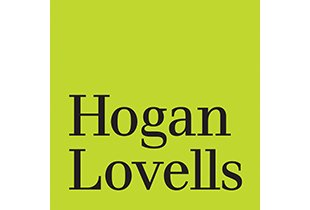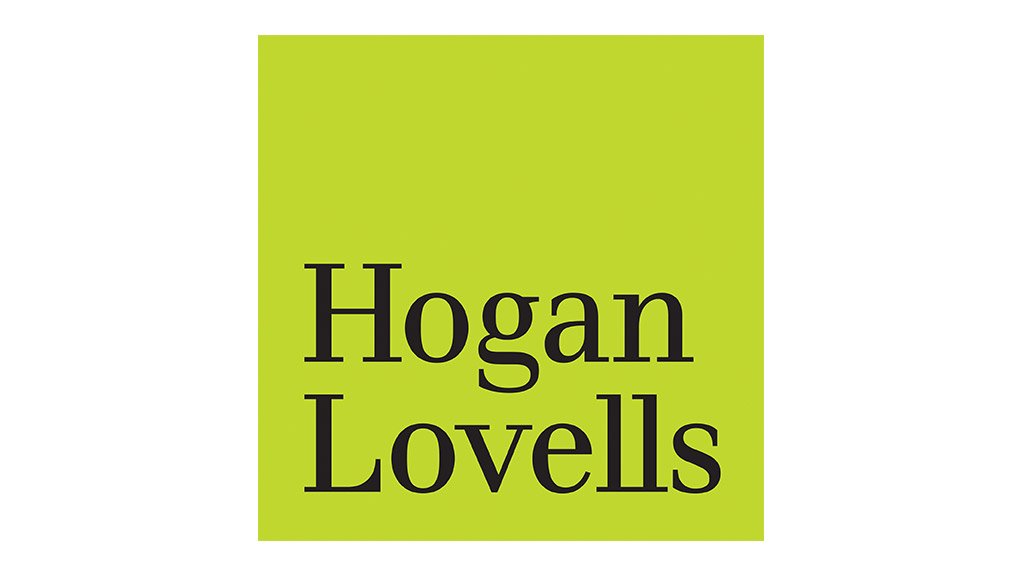In the National Budget Speech delivered on 20 February 2019, it was announced that National Treasury will publish a draft Environmental Fiscal Reform Policy Paper in 2019 in an effort to reform existing environmental taxes and broaden their coverage. Government will also investigate a tax on “single-use” plastics including straws, caps, beverage cups and lids, and containers to curb their use and encourage recycling. The nature and scope of these proposals are unknown at this stage.
As a guiding principle, any tax incentives or sanctions that are to be introduced should be informed by applicable environmental requirements and the results should achieve the desired environmental objectives. International research on the effectiveness of various environmental taxes demonstrates that there can be a correlation between the applicable environmental taxes and positive environmental outcomes.
Taxes can be relatively easily implemented; a source of public revenue and an effective incentive measure to deal with environmental problems. However, from past experience in South Africa, it is not clear that all past measures have been effective despite there being a number of legislative provisions that offer incentives for environmentally friendly behaviour.
The 2018 Tax Statistics published jointly by National Treasury and the South African Revenue Service (SARS) confirm that there have been collections in relation to the environmental levies that in the 2017/2018 year amount to ZAR11 220 000 in total, being a marginal increase from ZAR10 972 000 in the previous year. Further, there are statistics from an independent study that demonstrate that there was a fall in the consumption of plastic bags with the introduction of the plastic bag levy, but there is a prediction that there will be an increase in plastic bag consumption despite the price increases.
There are no available statistics regarding the extent to which taxpayers make use of the various environment incentives offered in the Income Tax Act. The incentives are wide ranging, but compliance with the relevant requirements in the Income Tax Act can mean that the use of the incentives is curbed. For example, in order to claim the energy efficiency savings incentive, it is necessary to:
- register with the South African National Energy Development Institute (SANEDI);
- appoint a measurement and verification professional to prepare a report, which is submitted to SANEDI;
- obtain a certificate from SANEDI.
All of the above have a cost implication. It is possibly for this reason that it is proposed that government will extend the incentive to 31 December 2022. During 2019, government will review the design and administration of the incentive to improve its ease of use, effectiveness and economic impact in order to encourage additional investment in energy efficiency.
One of the challenges associated with the collection of environmental taxes is that these taxes are not earmarked for protection of the environment and rather form part of the pool of revenue collected. This has been a particular issue that has been raised with the contentious introduction of the carbon tax. The design of the carbon tax is complex, and concerns have been expressed regarding the potential impact of the carbon tax on consumers. The actual impact will only be able to be assessed when implementation occurs. The carbon tax bill has now been adopted with the carbon tax being implemented on 1 June 2019. It is indicated in the 2019 Budget Speech that it will be reviewed after three years. SARS and the Department of Environmental Affairs will jointly administer the tax. Practically, the carbon tax also heralds the introduction from 5 June 2019 of a carbon tax of nine cents per litre to be implemented on petrol and 10 cents per litre on diesel. Refunds cannot be claimed against the carbon tax. Furthermore, after the introduction of the carbon tax, emission-reduction credits could be used to reduce carbon tax liabilities. To avoid a double-benefit scenario, the tax exemption will be repealed from 1 June 2019.
The future legislative changes that are proposed for 2019 could present an opportunity to take into account the importance of environmental protection while still offering an incentive to taxpayers. This will depend on what is the extent of the proposals and the possibility of making a meaningful impact.
Written By Natalie Napier, Partner at Hogan Lovells (South Africa)






